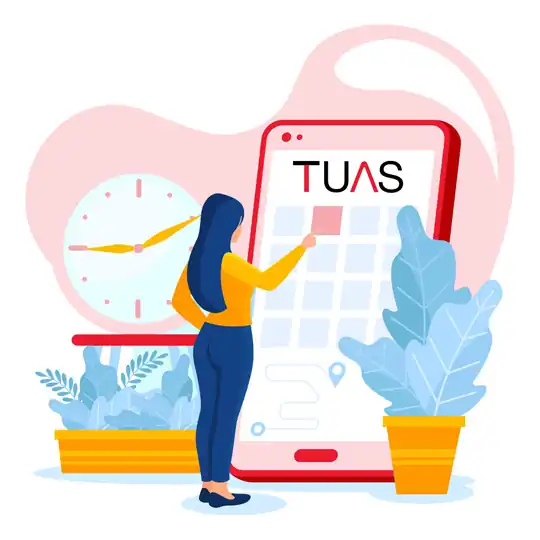
Would you buy a laptop or a smartphone without considering exactly what you’re looking for first? Drawing up a wish-list is the first thing you should do when choosing universities to apply to.
Here are 6 questions you should ask yourself before you sign up for a single open day:
Getting away from home for the first time in your life can be liberating, exciting, and a great chance to develop new skills like cooking, managing money and, best of all, doing the laundry. Experiencing somewhere new and unfamiliar can also broaden your horizons.
On the other hand, you might prefer – or need – to live close to your family culture. Location isn’t an important factor for everyone, but if it is, it will help you eliminate certain universities before you even start looking.
And, if you’re toying with the idea of studying overseas, thinking about it early will give you the time you need to prepare.
By the time you apply for university, you will have some idea of the grades you’re likely to achieve. Use your grade expectations to help you choose courses which are both challenging and realistic.
Allow for all possibilities by picking a mix of safe choices and more ambitious options if your grades come in at the higher end of your expectations.

Universities tend to specialise in certain subjects, so your subject really matters. Google is your friend here.
It’s common to assume that just because a university is famous or has a good reputation, it’s good for every subject. However, Googling “best universities for [name of your subject]” may turn up some surprising – and less competitive – results.
Be sure to check out the Turkish university league tables too – you can rank them by subject. Use this information wisely, and it could boost your chances of getting in to a university that’s really good for your subject.
People learn in different ways. Some of us are independent learners happy to plough through a stack of books, while others prefer to talk through an idea. While you’ll need a good mix of both, you’ll probably prefer a course that is weighted one way or the other.
A recent report suggested that students tend to overestimate the amount of contact time they’ll receive at university – so know your facts. Many world-class universities are famed for their research rather than their teaching.

Just because you don’t want to spend all your waking hours studying doesn’t mean you’re not “university material”.
Preparing for employment, getting involved in politics, the arts or student societies is all part of the amazing tapestry that makes up university life.
Whether or not you’re a straight a student, understanding your personal priorities will help you find a university and a course which lets you strike a realistic balance. Look at the course content to understand the intensity of the programme, and ask students and staff on campus.
Compare employment statistics when researching universities and courses – again, you can see some basic information in the league tables. This will indicate whether a degree from a particular institution is likely take you where you want to go in your future career. It will also help you plan summer jobs and internships to boost your skills and work experience while you study. Some universities have links with employers, with work placements forming part of the course. All of that is a lot to ask, you may be thinking.